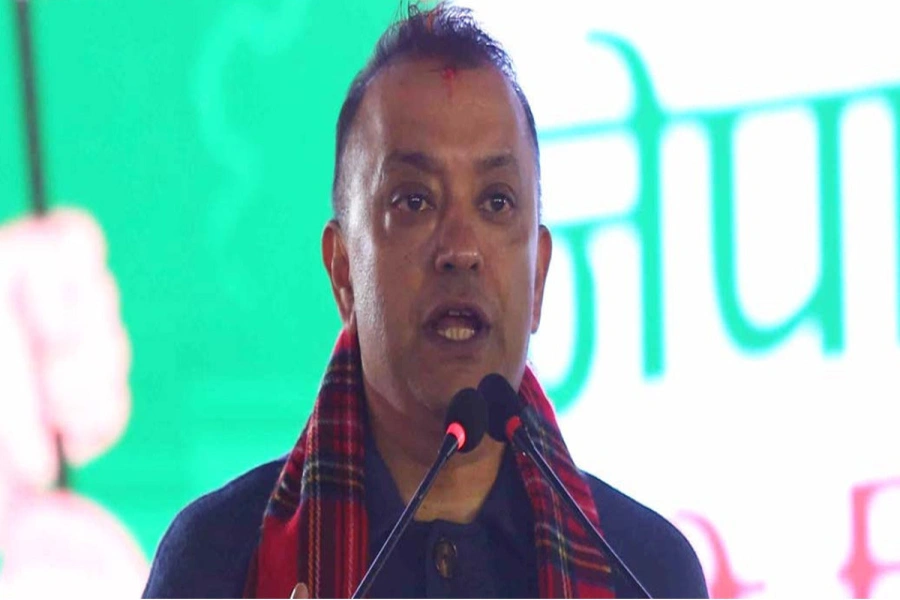As more and more Bhutanese look for employment opportunities overseas, particularly in the Middle East, we must be wary of the pitfalls. Unscrupulous recruitment agents often lure job seekers with attractive salaries. And many end up as domestic workers, in unknown territories, vulnerable to abuse and exploitation. This is not something new. And yet this is happening, again, despite many having been down that treacherous path before.
The memories of heart wrenching stories of Bhutanese women trapped in Iraq from just a few years ago are still fresh. Recruitment agents had promised these women lucrative jobs—good salaries, secure accommodations, and the chance to support their families back home. But once they reached their destinations, they were forced to work long hours, with little to no pay, and subjected to abuse and mistreatment. Clearly, those were cases of human trafficking.
Under the Royal command, the government intervened and rescued 163 Bhutanese women from Iraq, spending humongous resources. That was a costly lesson, one that should have, and still should, caution people about the risks of going through unregistered agents to foreign lands.
32-year-old youth dies after not receiving treatment for snakeb...

The Department of Employment and Entrepreneurship (DoEE) has warned about the dangers of self-arranged overseas jobs and risks of dealing with unregistered agents. In fact, a monitoring visit to the Middle East by the DoEE found that many Bhutanese domestic workers lacked proper employment agreements and legally attested documents, leaving them vulnerable to exploitation.
The government has ramped up its efforts to prevent job seekers from falling into the trap. The DoEE is collaborating with airport staff to verify documents and check foreign employer’s background to ensure that those who travel abroad do so with legitimate offers of employment. This proactive approach must be commended as it will go a long way in safeguarding the well-being of our citizens.
The DoEE has also refined its criteria for overseas employment. Only those who meet certain educational qualifications—specifically, a minimum of Class X—are considered for placement. This is mainly because individuals with better educational backgrounds tend to perform better and receive positive feedback from employers, reducing the likelihood of exploitation.
However, the bigger question is: despite the inherent risks, why do many Bhutanese seek employment opportunities in countries in the Middle East?
The answer is simple. Many of them come from economically disadvantaged backgrounds. Many of them are single mothers. Jobs are scarce at home, and high-paying jobs are few and far between, while the cost of living is exorbitant. Under these circumstances, what can we expect?
That’s where the government, of past and present, has failed its people. It is time we seriously reflect on what’s going wrong. Why can’t we create enough jobs at home for every Bhutanese to earn a decent living? We are barely 700,000 people, even less than that now. Yet, given an opportunity, every single Bhutanese wants to move overseas. Why? And how did we come to this?
What is clear is that the stakes are high. And we must learn from the past. The stories of those who have suffered in the past should serve as a clarion call to the many who are planning to travel overseas for work. But more importantly, we need major economic reforms in the country, and fast. While the Gelephu Mindfulness City is being built, it will take quite some time. In the intervening period, the government must do its bit. Lest our nation becomes emptier by the day.
At the end of the day, we must build our own resources, talents, and industries. Only by strengthening our economy can we build a strong, resilient citizenry, and keep our nation together.




































